The year 2024 has been an exciting year of innovation and challenges for the tech industry. Advancements in artificial intelligence (AI), breakthroughs in sustainability, cutting-edge consumer technology, and milestones in electric vehicles (EVs) have dominated the headlines. These innovations continue redefining industries, making life more convenient while addressing global challenges like climate change. However, this growth has also sparked concerns about ethics, environmental impact, and geopolitical issues that influence technological progress.
From Tesla’s ambitious robotaxi to the resurgence of hydrogen-fuel technology, these developments have shaped the future of tech. Let’s take a closer look at the 30 most significant trends of 2024, exploring their implications and what they mean for the years ahead.
1. AI reshaped transportation with Tesla’s Cybercab
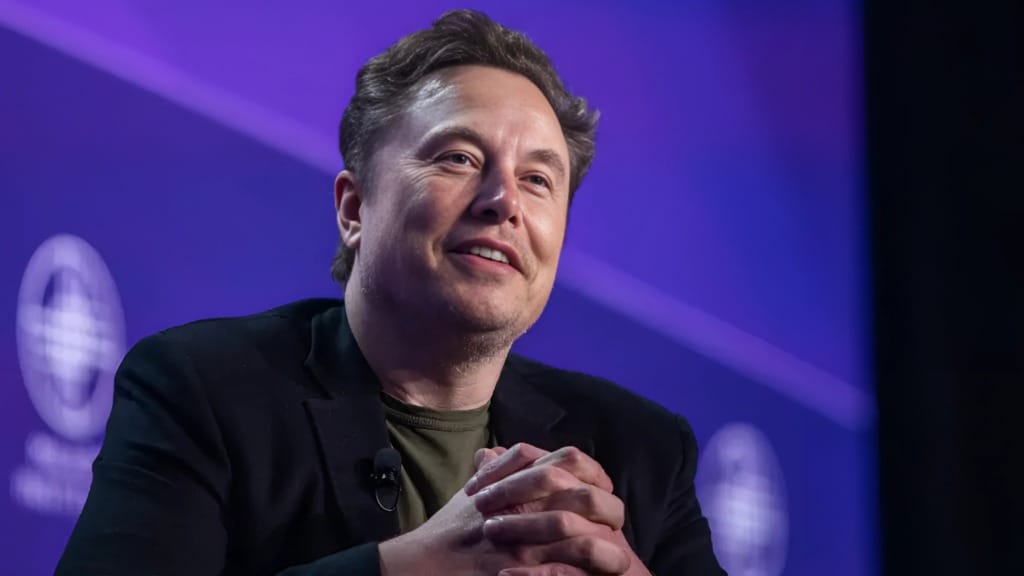

Tesla made waves this year by unveiling its Cybercab, a prototype robotaxi that embodies the future of AI-driven transportation. Unlike fully autonomous vehicles still under regulatory scrutiny, the Cybercab offers supervised full self-driving capabilities, striking a balance between cutting-edge innovation and safety. Tesla’s CEO, Elon Musk, revealed that production is expected by 2027, and the project aims to revolutionise urban mobility. However, experts have raised concerns about the regulatory challenges and the ethical implications of AI systems operating on public roads.
2. Microsoft’s US$10 billion renewable energy investment
Microsoft pledged US$10 billion to develop renewable energy projects, generating a staggering 10.5 gigawatts of clean energy. This initiative is part of the company’s plan to become carbon-negative by 2030, demonstrating its commitment to environmental responsibility. Microsoft’s Chief Sustainability Officer, Melanie Nakagawa, explained how AI would be integrated into these projects to optimise energy usage and reduce waste. This investment underscores the growing role of tech companies in combating climate change and setting an example for other industries.
3. Transparent TVs stole the spotlight at CES
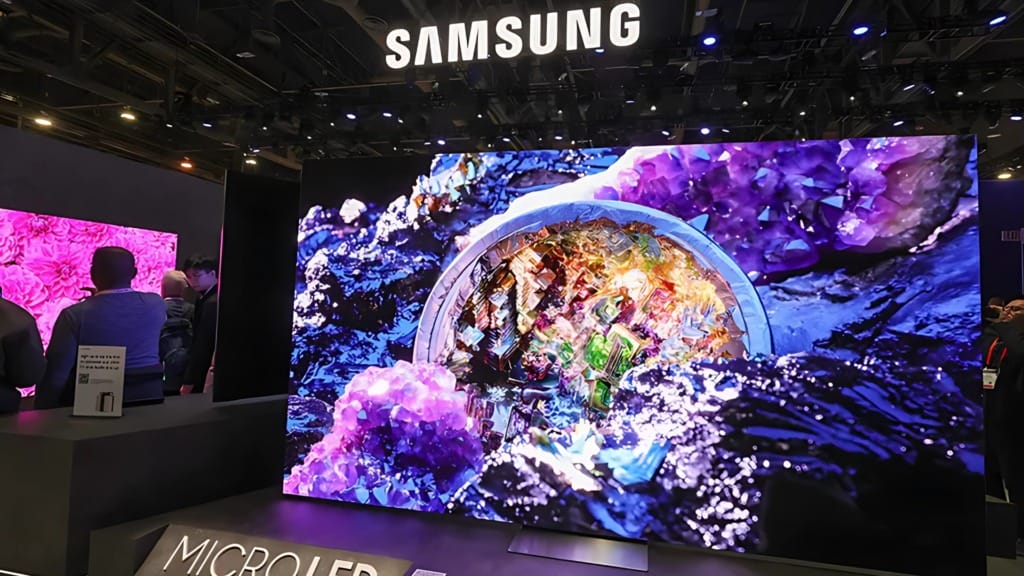

At CES 2024, transparent TVs captured the imagination of attendees and quickly became one of the most talked-about innovations. These ultra-thin displays allow viewers to see through the screen when not in use, blending into home decor seamlessly. Tech enthusiasts hailed the product as a game-changer for interior design and modern living. However, questions still need to be answered about the pricing and durability of such devices, which could limit their adoption in the mainstream market.
4. Xiaomi entered the EV market
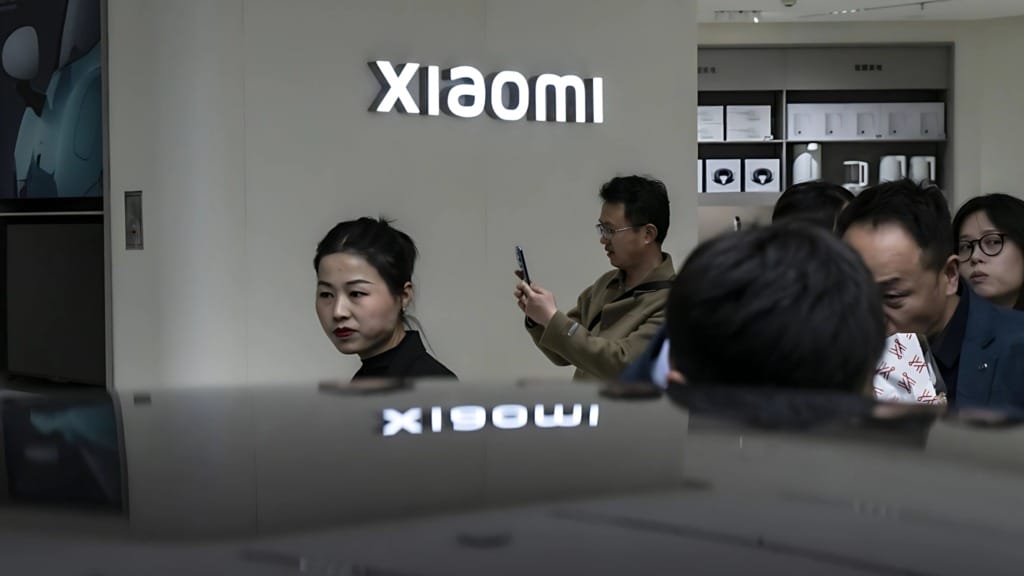

Xiaomi made its foray into the EV market with the launch of the SU7, a sleek electric sedan designed to compete with established automakers. The vehicle incorporates advanced autonomous driving features and leverages Xiaomi’s software and hardware integration expertise. With plans to ramp up production using a proprietary die-casting process, Xiaomi aims to disrupt the automotive industry and position itself among the top five global automakers. This bold move highlights the increasing convergence of tech and mobility.
5. AI-powered personal assistants became smarter


Uber introduced a groundbreaking AI assistant powered by OpenAI’s GPT-4o, specifically designed to support EV drivers. The assistant provides real-time updates on charging station availability, suggests optimised routes, and even helps manage charging schedules to minimise downtime. This innovation addresses one of the biggest challenges faced by EV owners—range anxiety—while enhancing user convenience. The rollout of this AI assistant is part of Uber’s broader efforts to integrate technology into its services for a more seamless customer experience.
6. Hydrogen-powered vehicles made a comeback


Hydrogen-powered vehicles returned to the spotlight at CES 2024, with companies like Hyundai and Nikola showcasing their latest models. These vehicles offer distinct advantages over battery-powered EVs, including faster refuelling times and longer ranges, making them particularly appealing for long-haul transport and commercial fleets. However, the infrastructure for hydrogen refuelling remains a significant barrier to widespread adoption. Despite these challenges, the renewed focus on hydrogen indicates its potential as a key player in the future of sustainable transport.
7. Apple pivoted from cars to generative AI
Apple shelved its long-rumoured electric car project to focus on generative AI technologies. This pivot signals Apple’s belief in the transformative power of AI, particularly in enhancing productivity and creativity. The company has already begun integrating generative AI into its ecosystem, including iOS updates and professional software. While this move disappointed those hoping for an Apple-branded EV, it reinforces the company’s commitment to innovation in its core areas of expertise.
8. Tesla advocated for EV tax credit elimination
Tesla stirred controversy by supporting the removal of EV tax credits in the U.S., a move that Elon Musk argued was necessary for a level playing field. While Tesla’s market dominance allows it to thrive without subsidies, critics argue that eliminating tax credits could hurt smaller EV manufacturers and slow the overall transition to electric mobility. This debate highlights the tension between fostering innovation and ensuring fairness in the rapidly evolving EV market.
9. JB Straubel advanced EV battery recycling
Tesla co-founder JB Straubel made headlines with his company, Redwood Materials, which developed advanced techniques for recycling EV batteries. By recovering up to 95% of critical minerals like lithium, cobalt, and nickel, Redwood Materials reduces the environmental impact of EVs while addressing supply chain challenges. These innovations could significantly lower the cost of EV production and make the industry more sustainable in the long term.
10. Foxconn doubled down on AI servers
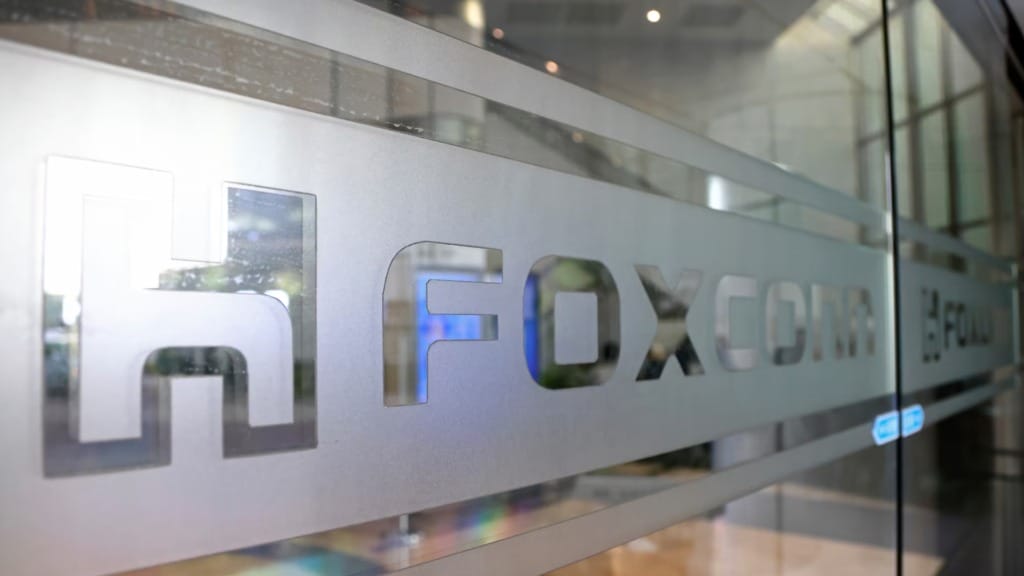

Foxconn, a major Apple supplier, announced substantial investments in its AI server business, reflecting the growing demand for enterprise AI solutions. The company sees AI servers as a critical area for growth, especially as AI applications expand across industries. Despite ongoing U.S.-China trade tensions, Foxconn’s commitment to this sector underscores the strategic importance of AI in shaping the future of enterprise technology.
11. BMW launched its first all-electric M3


BMW electrified its iconic M3 series, unveiling the first-ever all-electric M3. The vehicle boasts more power than its petrol-powered predecessor, demonstrating that high performance and sustainability can go hand-in-hand. Scheduled for production in 2027, the electric M3 signifies BMW’s commitment to transitioning its sports cars to eco-friendly alternatives. With advanced battery technology and cutting-edge features, this model is set to lead the luxury EV market.
12. Hertz faced a US$2 billion EV-related loss


Hertz’s ambitious strategy to electrify its rental fleet backfired in 2024, leading to a US$2 billion loss. The company faced challenges such as declining fleet residual values and underutilised EVs in certain markets. Hertz announced plans to scale back its EV inventory, prompting industry-wide discussions about the financial risks of rapid fleet electrification. This situation highlights the complexities of transitioning to EVs in traditional industries.
13. Sustainability dominated CES 2024
Sustainability was the defining theme at CES 2024, with exhibitors showcasing innovations to reduce waste and promote circular economies. Sustainability was embedded across products and services, from biodegradable packaging for electronics to AI tools designed to optimise energy consumption. This focus reflects growing consumer demand for environmentally responsible technology and corporate accountability in addressing climate change.
14. Chinese EV startups challenged Tesla
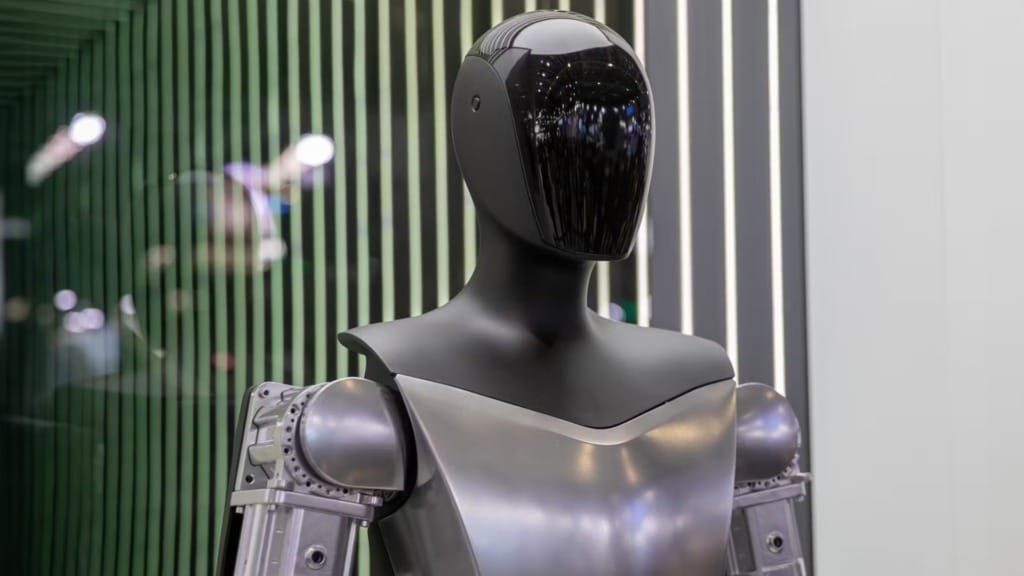

Tesla’s dominance in the Chinese market faced intense competition from local EV startups. Companies like BYD and Nio unveiled advanced models featuring cutting-edge AI and automation, rivalling Tesla’s offerings at competitive prices. Startups also began developing their own versions of Tesla’s Optimus robot, highlighting the rapid technological progress within China’s EV industry. This competitive landscape underscores the intensifying global race for EV innovation.
15. AI’s environmental cost raised alarms
As AI adoption surged, its environmental impact came under scrutiny. Reports from the International Energy Agency revealed that AI and cryptocurrency technologies could double their electricity consumption by 2026, equivalent to Japan’s total usage. This sparked debates about the sustainability of AI development and the need for energy-efficient AI systems. Companies are now under pressure to balance innovation with environmental responsibility.
16. Volkswagen partnered with XPeng
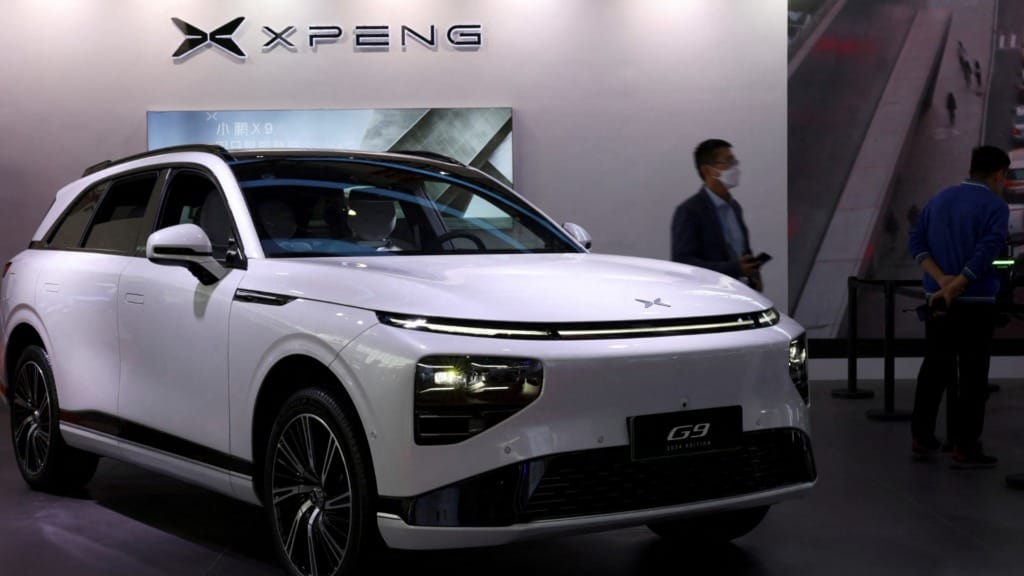

Volkswagen entered a strategic partnership with Chinese automaker XPeng to co-develop smart electric vehicles for the Chinese market. The collaboration aims to combine XPeng’s expertise in EV technology with Volkswagen’s brand legacy to create innovative, consumer-friendly models. Set for release by 2026, this partnership underscores the importance of cross-border cooperation in accelerating EV adoption.
17. TSMC complied with U.S. export controls
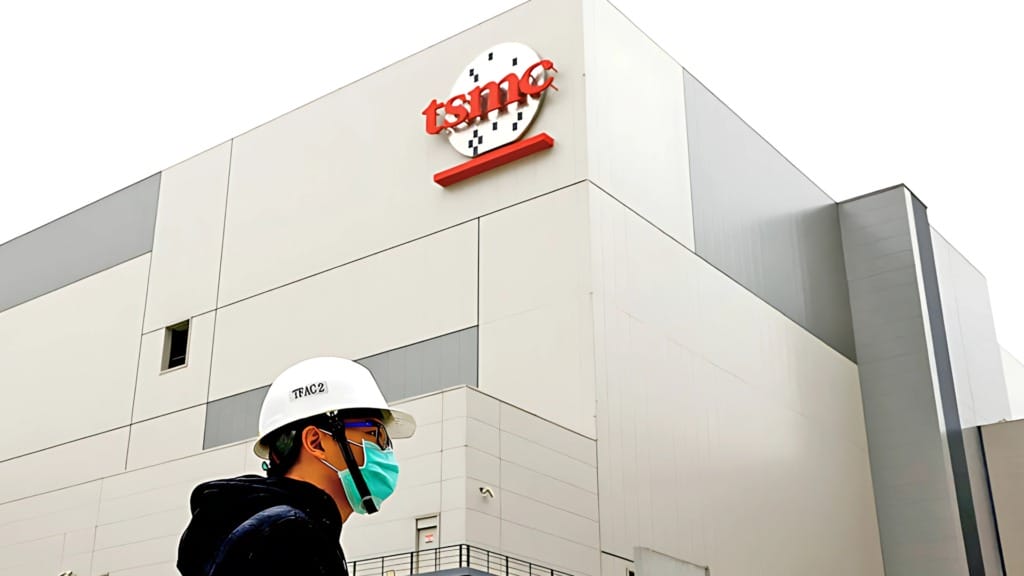

Taipei Times
Taiwan Semiconductor Manufacturing Co. (TSMC) suspended production of advanced chips for certain Chinese clients to comply with new U.S. export controls. This move disrupted the tech industry’s supply chain, highlighting the geopolitical challenges faced by semiconductor manufacturers. The restrictions are part of broader U.S. efforts to limit China’s access to advanced technology, impacting global innovation dynamics.
18. Transparent AI regulation remained elusive
Governments worldwide struggled to establish clear guidelines for regulating AI in 2024. Issues such as algorithmic transparency, data bias, and accountability remained unresolved, leaving significant gaps in policy frameworks. The need for comprehensive regulations has raised concerns about rapidly advancing AI technologies’ ethical and societal impact.
19. Flying cars gained traction at CES
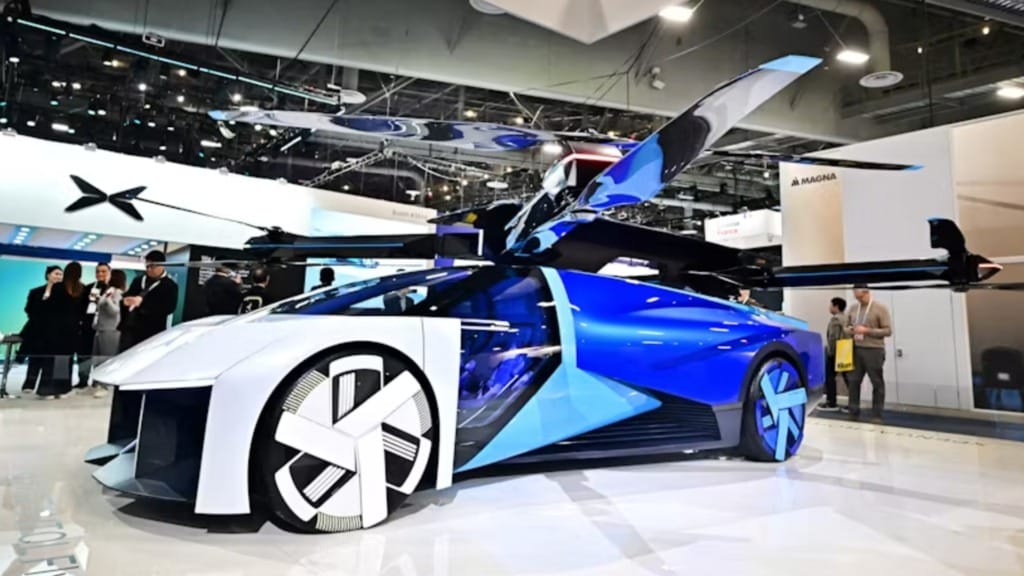

Flying cars, a long-dreamed sci-fi concept, moved closer to reality at CES 2024. Several companies unveiled functional prototypes designed for urban and regional travel, sparking excitement about the future of mobility. These vehicles promise to revolutionise transportation, but challenges such as air traffic control, safety regulations, and infrastructure still need to be addressed for widespread adoption.
20. Xbox’s shift towards cross-platform gaming
Phil Spencer, head of Xbox, announced a groundbreaking strategy to remove restrictions on porting Xbox-exclusive games to other platforms like PlayStation and Nintendo Switch. This move promotes open platforms and offers gamers more choices. Titles like Hi-Fi Rush, Sea of Thieves, Grounded, and Pentiment have already been made available to other consoles, signalling Xbox’s commitment to accessibility.
21. Microsoft ventures into handheld gaming
Microsoft is officially developing its first handheld gaming console, marking a bold entry into the portable gaming market. Currently in the research phase, the project reflects Microsoft’s recognition of the increasing demand for on-the-go gaming. The company is also refining its Xbox app to optimise the experience on portable devices, with the console expected to take a few years to launch.
22. Razer’s Sensa HD Haptics revolutionises gaming immersion
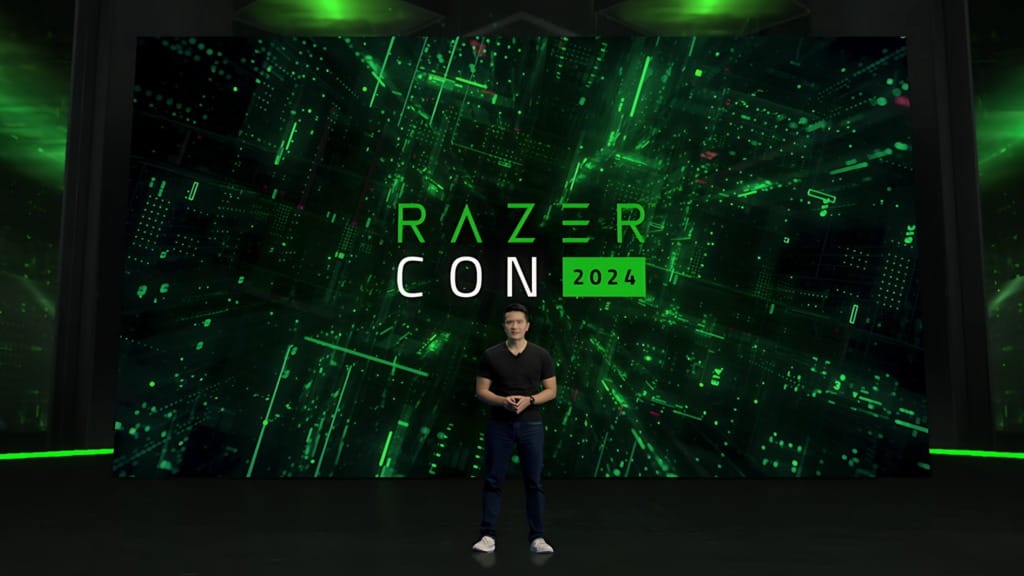

At RazerCon 2024, Razer introduced its Sensa HD Haptics technology, redefining tactile gaming experiences with precise and nuanced feedback. This innovation, combined with advancements in laptop cooling and the release of Razer Synapse 4, positions Razer as a leader in gaming gear innovation.
23. TECNO’s Pocket Go handheld gaming PC breaks new ground


TECNO launched the Pocket Go, a powerful handheld gaming PC equipped with an AMD Ryzen 7 8840HS processor and Radeon 780M graphics. Running on Windows 11, this device offers a portable gaming experience comparable to full-sized setups. TECNO’s Pocket Go received the prestigious AR Immersive PC Gaming Experience Innovation Gold Award at IFA Berlin 2024.
24. PlayStation 5 Pro delivers unmatched performance


Sony raised the bar for console gaming with the PlayStation 5 Pro, priced at US$700. The console boasts PC-like power and performance, catering to serious gamers who prioritise graphical fidelity and immersive gameplay. With enhanced capabilities, the PS5 Pro is a standout product for 2024.
25. Amazon’s Trainium 2 chip challenges Nvidia’s AI dominance
Amazon unveiled the Trainium 2 chip, an innovation designed to rival Nvidia in the AI processing space. With this development, Amazon signals its ambition to dominate AI within cloud services, offering significant competition in a critical tech sector.
26. Razorpay supports early-stage B2B startups
Reflecting a trend towards nurturing tech innovation, Razorpay announced a fund to back early-stage B2B startups. This initiative aims to foster the development of cutting-edge technologies in financial and business solutions, highlighting the growing role of fintech in driving industry advancements.
27. China’s Advancements in Space Weaponry
China has developed satellite-destroying weapons using high-powered microwave beams, raising concerns in the U.S. defence sector. These advancements highlight China’s growing capabilities in space technology and the potential implications for global security.
28. Meta’s AI-Powered Smart Glasses


Meta has unveiled its latest AI-powered smart glasses, integrating augmented reality (AR) features with real-time language translation and advanced navigation assistance. These glasses aim to enhance user interaction with their surroundings, offering a seamless blend of digital information and the physical world. This innovation represents a significant step forward in wearable technology, potentially transforming how users access and interact with information on the go.
29. Bill Gates’ TerraPower Advances in Nuclear Energy
Bill Gates’ company, TerraPower, has commenced construction of a next-generation nuclear power plant in Kemmerer, Wyoming. Utilising liquid sodium as a cooling agent, this plant aims to provide a safer and more efficient alternative to traditional nuclear reactors. Scheduled to open by 2030, the project is expected to create up to 1,600 new jobs and contribute to a sustainable energy future. This development signifies a pivotal moment in pursuing clean energy solutions and revitalising nuclear power as a viable option for reducing carbon emissions.
30. Apple’s Development of AI-Powered Smart Home Device
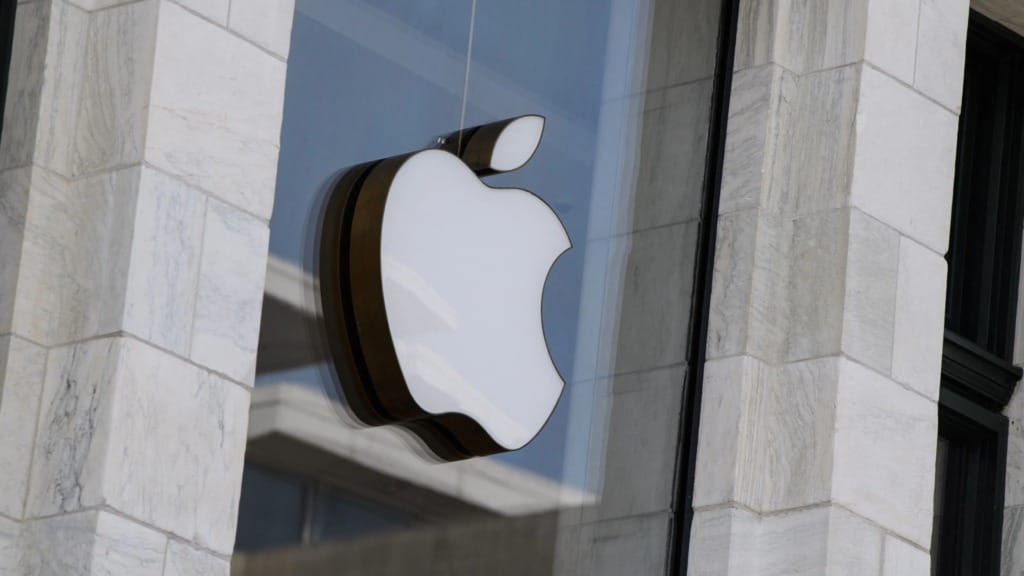

Apple is reportedly working on an ‘AI Wall Tablet’ with smart home controls and Apple Intelligence, aiming to enhance user interaction with home automation systems. This development reflects Apple’s commitment to integrating AI into consumer devices for improved user experiences.
The impact of 2024’s tech breakthroughs and the road ahead
2024 has been pivotal for technology, marked by groundbreaking advancements across industries. Progress has been relentless, from AI-powered innovations reshaping consumer experiences and business operations to significant strides in sustainability, space technology, and gaming gear. Companies like Microsoft, Meta, and Amazon have pushed boundaries, while geopolitical factors such as U.S. export controls and global regulations have added complexity to the tech landscape. These developments reflect the growing role of technology in our daily lives and highlight the ethical, environmental, and security challenges that come with rapid innovation.
As we move forward, we must address these challenges while continuing to innovate responsibly. The rise of AI, quantum technologies, and advanced consumer devices will undoubtedly redefine industries and interactions in the coming years. However, ensuring equitable access, fostering sustainability, and aligning with ethical frameworks will be crucial in harnessing the full potential of these technologies. The dynamic nature of 2024’s breakthroughs sets a promising stage for a future where technology continues to empower and transform societies worldwide.




